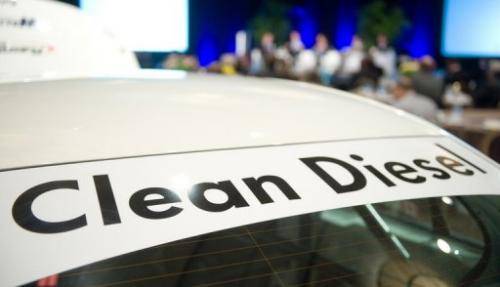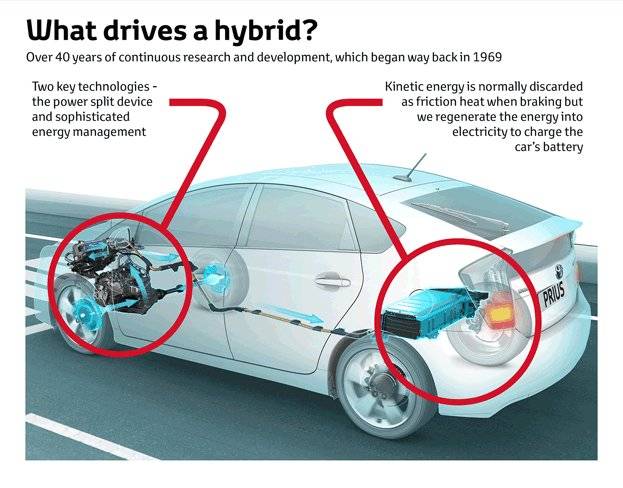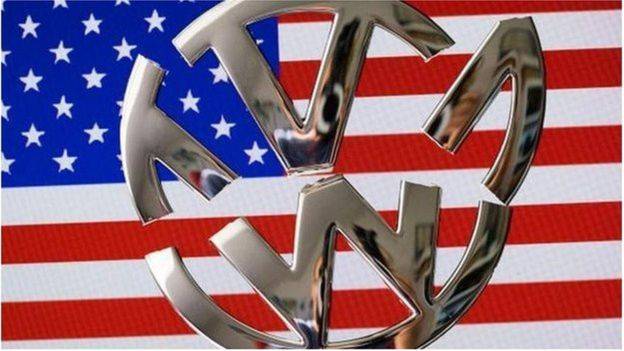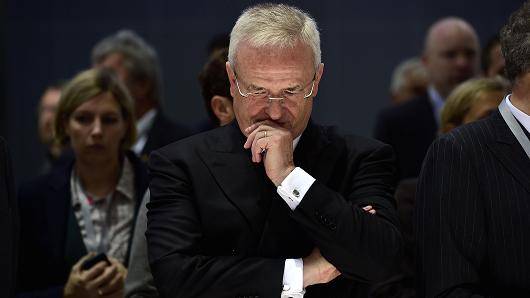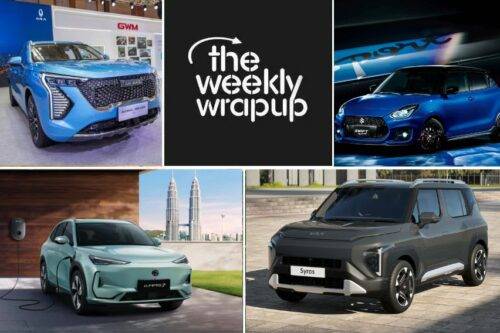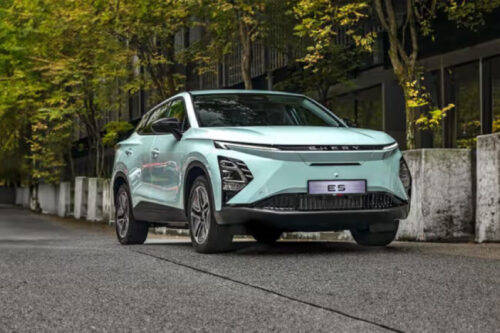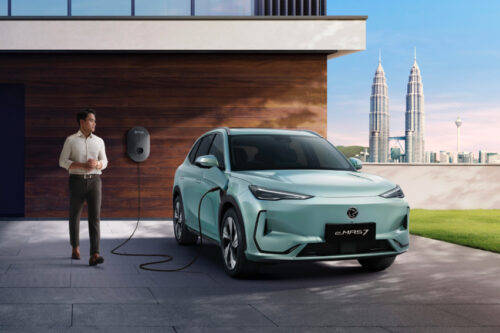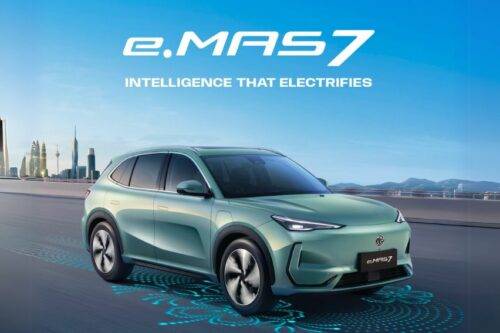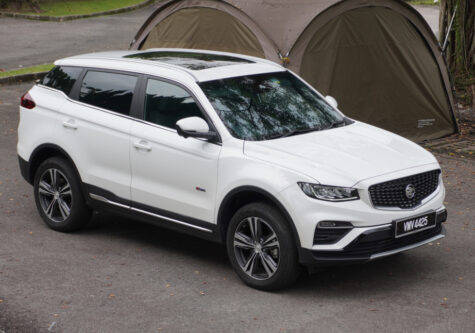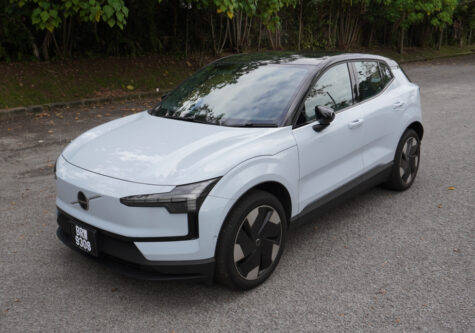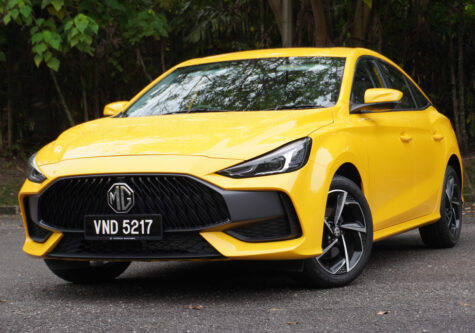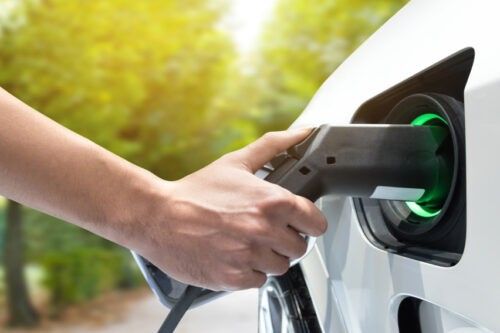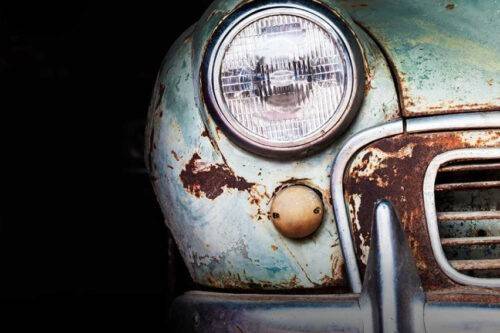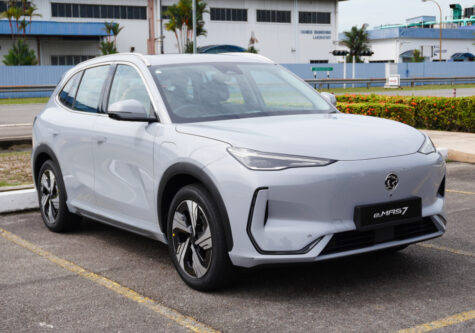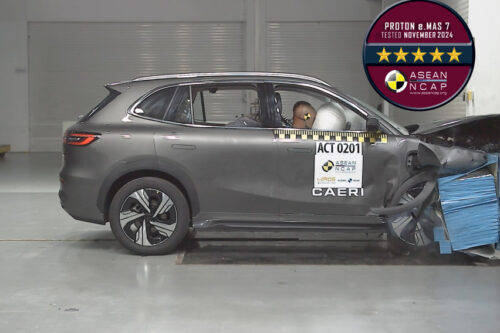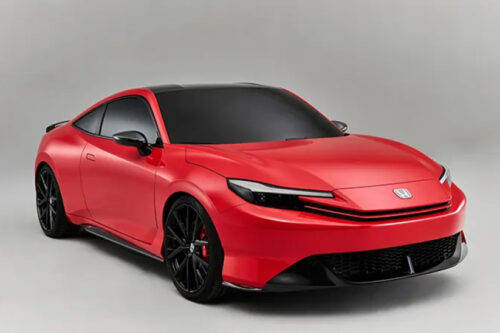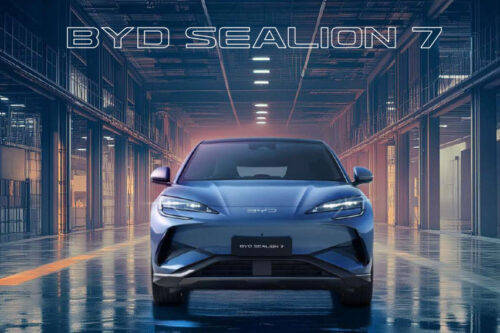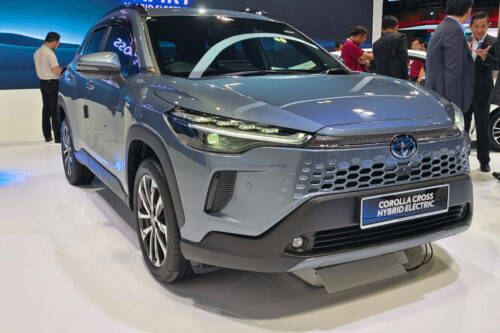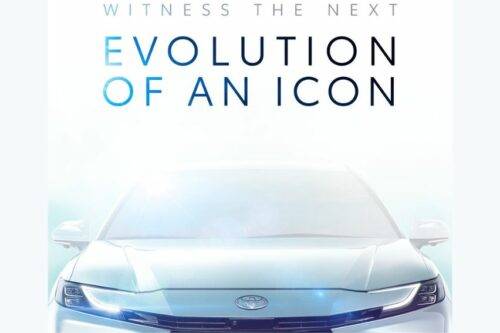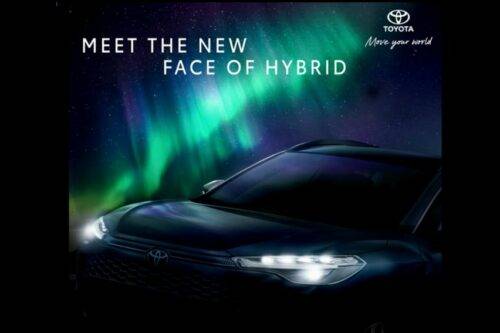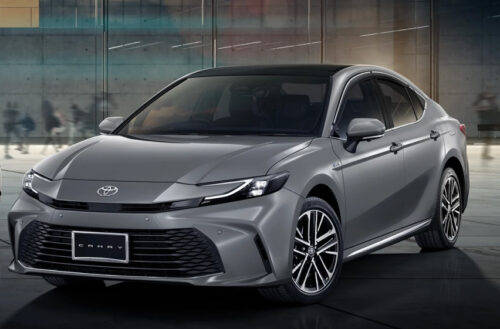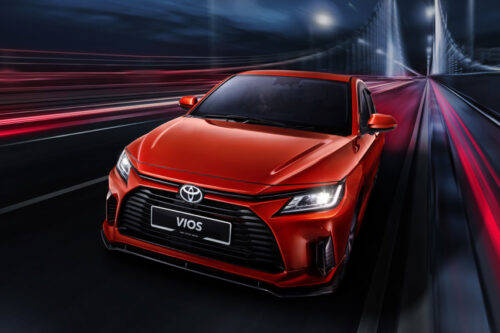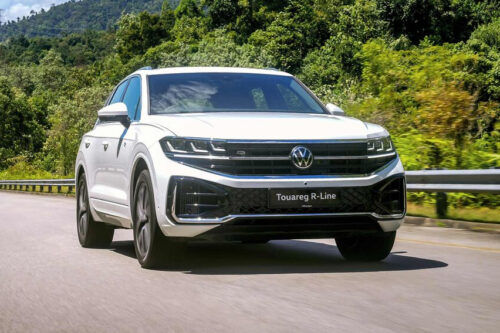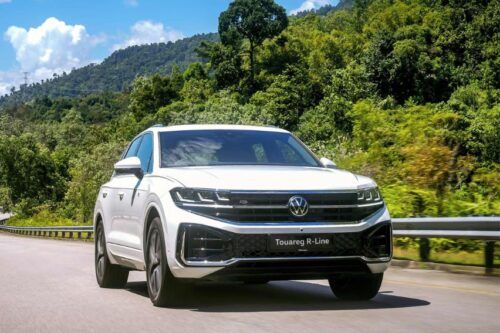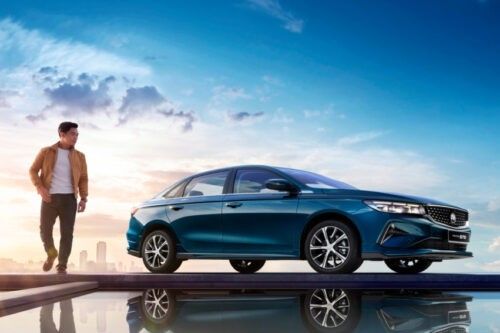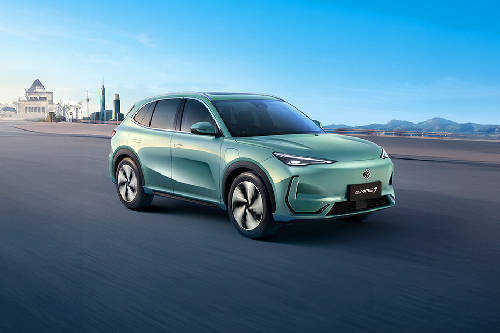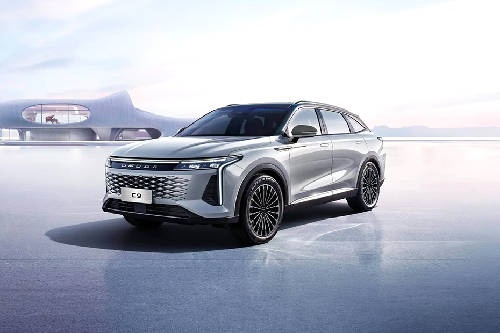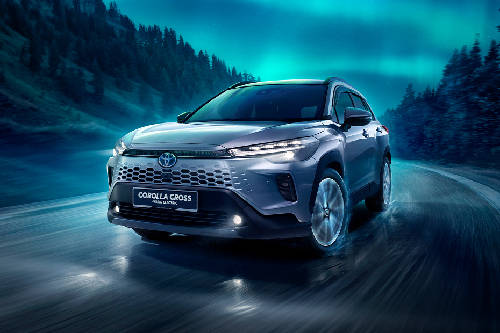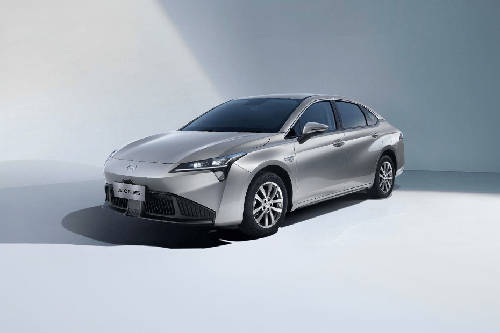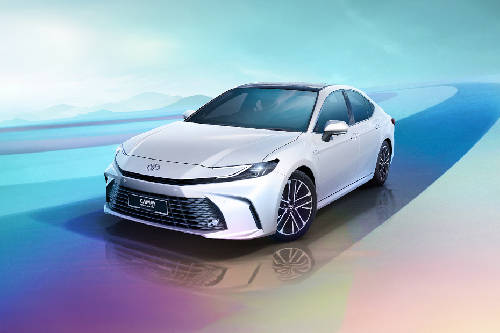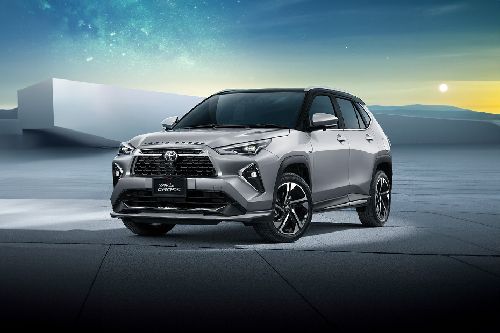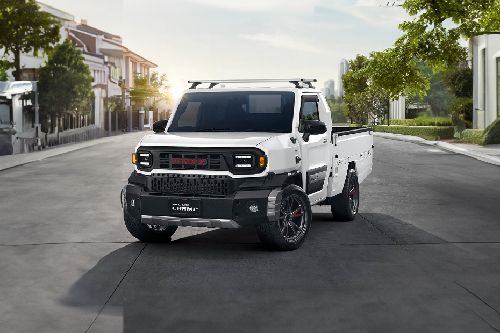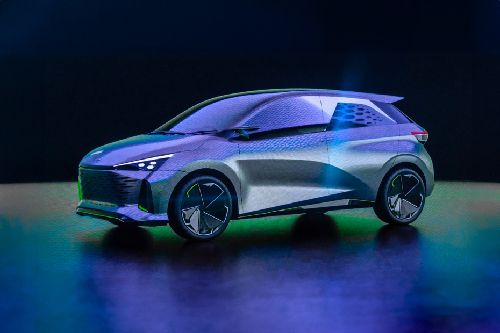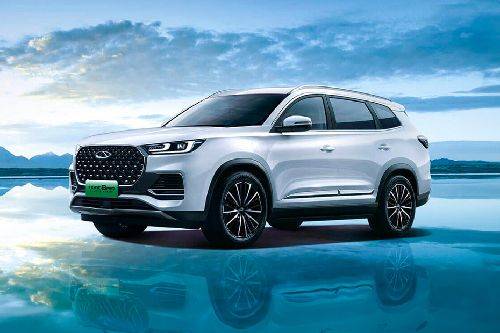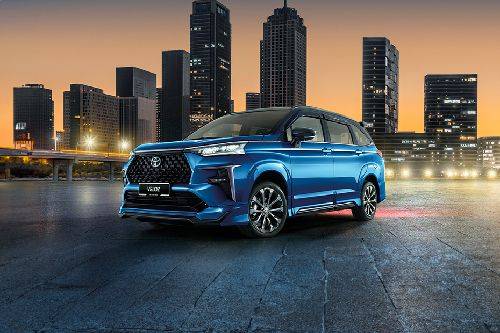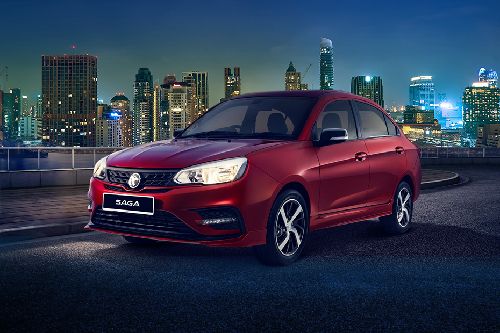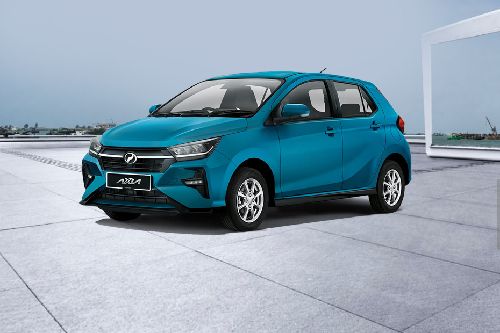Volkswagen Scandal: Clean Diesel Controversy, Reforms and Hybrids

“It's a bad news for the people who bought them and worse news for the company that built them.” Yes, it is all about the Eleven Million Diesel-Powered Vehicles Volkswagen Scandal – the latest one involving the German carmaker Volkswagen and the United States Environmental Protection Agency. The Volkswagen diesel scandal must rank as one of the most epic corporate cheating calumny of all time. This is no ordinary cheating scandal, which usually involves banks and trading houses and the odd rogue trader or three. This involves one of Germany’s most powerful and influential companies, a bulwark of Germany’s post-World War II industrial prowess – Volkswagen and its fraud against the world. Even more, the diesel scandal gains momentum with the BMW X3 xDrive20d reported to emit 11 times more the legal limit of nitrogen oxide during tests conducted by the International Council on Clean Transportation (ICCT).
What does the term “Clean Diesel” states?
Anyone who was around in the 1970s or has ever been behind an old big rig belching black smoke into the air may wonder how in the world a diesel vehicle could be considered “clean.” Over the past forty years, air quality regulations of both light- and heavy-duty vehicles have driven diesel manufacturers to reduce both particulate and smog-forming emissions. The clean diesel technology minimizes environmental costs and enhances operational sustainability through fuel use, vehicle/equipment efficiency and the number of vehicle miles traveled. The end result is that today’s diesel vehicles are designed to meet the same air quality standards as a typical gasoline-powered vehicle.
Hybrids: What potential they bring in forth to replace the Diesel Cars?
Since the first introduction of the Lohner-Porsche Mixte Hybrid (the first gasoline-electric hybrid automobile in the world) which did not become widely available until the release of Toyota Prius in 1997, a number of hybrid-electric vehicles have appeared on the market, from the small and sporty to the big and roomy. While they vary in how they get their improved gas mileage, there are two basic principles at work in any hybrid: A. A big electric motor that works with a combustion engine to make the system more efficient, and B. Regenerative braking, which recaptures energy lost while braking.
Cost to the environment: oil savings, carbon emissions and air pollution
Diesels and hybrids don’t just vary in the technology that enables their high fuel economy ratings - crucially, they also vary in the fuel that powers these vehicles. This factor leads to significant differences in their environmental impact, even for vehicles with comparable fuel economies.
The diesels of today have been marketed as cleaner, greener and so much more fun to drive. And in many ways, they are. Diesels do deliver better fuel economy and tremendous torque. But the revelation that in the Volkswagen controversy it rigged its diesels to emit far less pollution during testing than real-world driving has cast a pall on the technology.
Read Also: Volkswagen CEO Martin Winterkorn resigns amid Diesel Emissions Scandal
However, hybrids are still the undisputed kings of savings when it comes to combustion-engine vehicles. Not only do they achieve roughly comparable efficiency on the highway compared to diesels, but they excel in the stop-and-go driving of a city. Furthermore, all of the efficiency gains go directly to reducing the amount of money you spend at the pump, the amount of oil consumed to fuel your vehicle, and the amount of global warming pollution generated during your travels.
Major reforms that need to be implemented to gain the trust back in diesel cars to the auto industry:
The German government and European Union are considering implementing more restrictive standards and more through testing on diesel engines in order to prevent this sort of thing from recurring.
Also, the way the VW Diesel scam is conducted is a sign of the times, further, the car testing requires some fairly advanced sensors and computer codes. There should be no anomaly of software engineering in the process of testing as Volkswagen's software development center did in this case.
Read Also: Best Environment Friendly cars on the Planet
After all the hearsay about the scandal, engineers are analyzing the diesel-engine combustion process. In which, the target would be to investigate about the pressures and temperatures that produced high levels of soot or NOx. Hoping for the best, we can expect low-temperature combustion systems to hail the auto market soon. This system will either precisely time fuel injection or even use gasoline and diesel fuel at different times in the car's operation to hit the sweet spot.
No doubt, the problem of clean diesel engines is extremely challenging but waiting for the right moment and solution to deal with the same is fair enough! The experimental system needs a lot more engineering and time than we assume before they present any marketable solution. Till then, Hybrids are a way better direction to go far.
Sell your car at the best price
 Verified and genuine buyers
Verified and genuine buyers
Trending & Fresh Updates
- Latest
- Popular
You might also be interested in
- News
- Featured Stories
Featured Cars
- Latest
- Upcoming
- Popular
Latest Car Videos on Zigwheels

